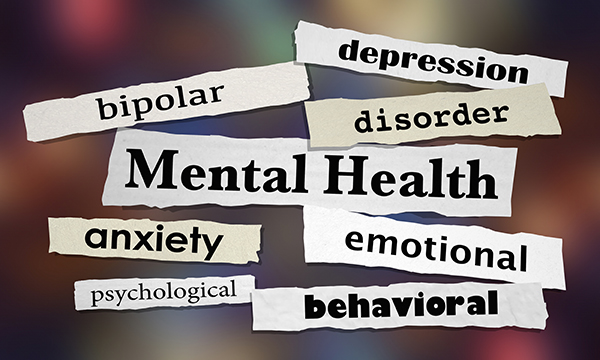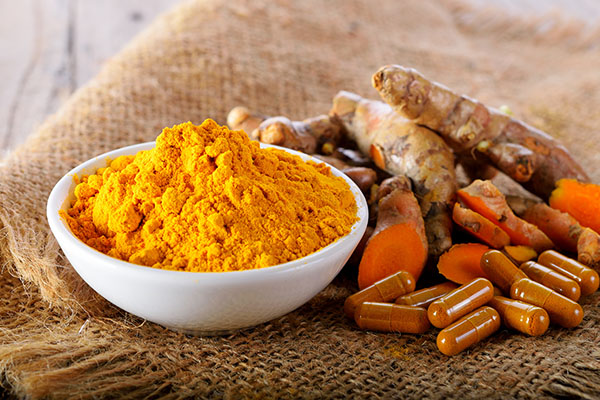Sugar: A deep dive into its history, nutritional value and health impact
09/25/2025 / By Laura Harris

- Table sugar (sucrose) is a disaccharide of glucose and fructose, extracted from sugarcane or sugar beets. It has been used for millennia, becoming a global commodity during industrialization.
- Sugar provides empty calories (4 kcal/g) with no essential nutrients. Overconsumption (linked to obesity, diabetes and heart disease) stems from its prevalence in processed foods, contributing ~20 percent of daily calories in modern diets.
- Excessive added sugars disrupt metabolism, promoting insulin resistance, inflammation and tooth decay. WHO advises limiting intake to <10 percent of daily calories (ideally <5 percent).
- Conventional sugar may contain pesticide residues (e.g., glyphosate) or heavy metals. Organic, non-GMO alternatives (e.g., muscovado, coconut sugar) reduce chemical exposure but may still vary in purity.
Sugar, the sweet, crystalline substance that dominates our food supply, has a complex relationship with human health. Sucrose, otherwise known as table sugar, is a staple in kitchens worldwide, yet its effects on well-being remain hotly debated.
Sugar is a naturally occurring disaccharide composed of glucose and fructose. It is extracted primarily from sugarcane (Saccharum officinarum) and sugar beets (Beta vulgaris).
Sugarcane was first cultivated in Southeast Asia around 8,000 BCE before spreading to India, where refining techniques were developed. But it wasn’t until the Middle Ages that sugar made its way to Europe via the Arab world, eventually becoming a luxury commodity during the colonial era. (Related: The real link between sugar consumption and cancer.)
The rise of sugar in the modern Western diet occurred in the 18th and 19th centuries with the industrial revolution, which made refined sugar widely accessible. Today, the global sugar industry produces over 180 million metric tons annually, making sucrose one of the most consumed food additives in the world.
Nutritional value
From a purely nutritional standpoint, sucrose provides empty calories – energy (four calories per gram) without any significant vitamins, minerals or fiber. Despite this, modern diets include excessive amounts, with the average person consuming over 120 pounds annually. Sugar appears under many names, including fructose, corn syrup, lactose and maltose, and lurks in countless foods, from sodas to cereals.
Alarmingly, refined sugar accounts for about 20 percent of daily caloric intake. The body quickly metabolizes sugar into glucose for energy, but overconsumption overwhelms metabolic pathways, particularly insulin regulation. When the pancreas becomes overburdened by sustained high sugar intake, it struggles to manage blood sugar levels, leading to diabetes.
Beyond nutrition, sugar serves multiple roles in food production. It sweetens baked goods and beverages, preserves jams and canned fruits, aids fermentation in brewing and modifies textures – adding crispiness to cookies or chewiness to candies. However, its pervasive presence and metabolic consequences make it a hidden health risk.
Potential harms
Sugar in small amounts, particularly from natural sources like fruits, can be part of a healthy diet. However, Brighteon.AI‘s Enoch says excessive consumption of added sugars (found in sodas, processed snacks and sugary cereals) is linked to:
- Obesity (due to high caloric density without satiety)
- Type 2 diabetes (chronic high intake disrupts insulin sensitivity)
- Heart disease (through inflammation and triglyceride elevation)
- Tooth decay (sugar feeds harmful oral bacteria)
The World Health Organization recommends limiting added sugar to less than 10 percent of daily caloric intake (about 50g for an average adult), with further benefits seen at five percent or less.
Conventionally grown sugarcane is often treated with agrochemicals like glyphosate, chlorpyrifos and atrazine, which persist as residues in refined sugar. Sugar beets, which are commonly GMO, are heavily sprayed with herbicides.
Non-organic sugar may also contain trace amounts of heavy metals, including lead from soil contamination, cadmium from phosphate fertilizers and mercury due to industrial pollution.
To minimize exposure to these toxins, opt for organic, non-GMO or minimally processed sugars, such as panela, muscovado or coconut sugar. While organic certification ensures that no synthetic pesticides are used, heavy metal levels can still vary depending on soil quality.
Sugar has fueled human civilization for centuries, but its overconsumption in modern diets is undeniable. Opting for whole, unprocessed sugars in moderation or using natural alternatives like honey or maple syrup, can help mitigate risks.
Always read labels; many “healthy” products (like flavored yogurts or protein bars) hide excessive added sugars under deceptive names like “organic cane syrup” or “fruit juice concentrate.”
In other words, sucrose isn’t inherently evil, but society’s over-reliance on it warrants a critical eye. By making informed choices and prioritizing whole foods, we can enjoy sweetness without compromising long-term health.
Visit NaturalNews.com, an excellent resource for related articles about health and nutrition. This platform allows you to explore the world of superfoods and uncover their many health benefits.
You can also try Brighteon.ai, an AI model created by Mike Adams, also known as the Health Ranger. This model is available as a free download to be run locally and is designed to help share and decentralize knowledge. By doing so, it aims to bypass censorship and empower people with knowledge.
For a platform that champions uncensored video content and free speech, particularly for discussions on nutrition, natural medicine, ingredients and related topics, check out Brighteon.com, a website that offers a space for open dialogue and exploration of these subjects without restrictions.
Lastly, you can try Brighteon.IO and Brighteon.social, two free speech-focused social media platforms where users can openly discuss topics such as health, nutrition, ingredient safety, toxicity and related subjects without fear of censorship. These platforms aim to provide a space for unrestricted dialogue on critical issues.
Watch this video to learn more about organic dates sugar.
This video is from the Health Ranger Store channel on Brighteon.com.
More related stories:
Researchers look at the weight loss potential of these two food extracts.
Sources include:
Submit a correction >>
Tagged Under:
#nutrition, disease causes, food science, grocery, health science, ingredients, stop eating poison, sucrose, sugar, sugar addiction, sweeteners, truth
This article may contain statements that reflect the opinion of the author





















